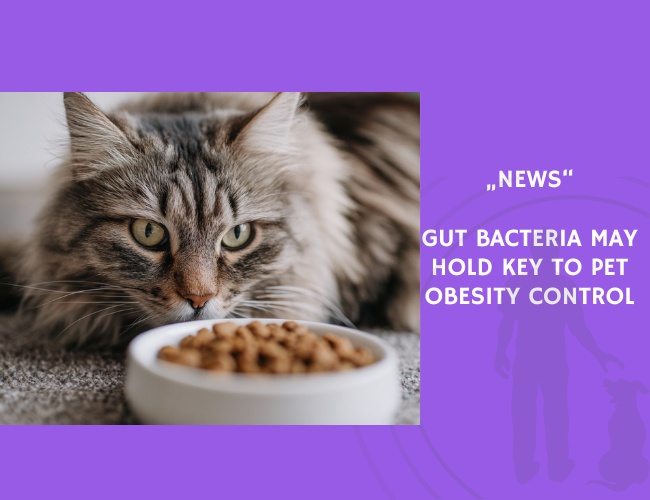The 2020 review by J. Garcia-Mazcorro and colleagues focuses on the role of Akkermansia muciniphila and other mucus-degrading bacteria in the gut health of cats and dogs. Known for their anti-inflammatory and anti-obesity effects in humans and mice, these bacteria are now being considered as possible tools to address the global epidemic of pet obesity.
Although Akkermansia species—A. muciniphila and A. glycaniphila—are not commonly found in feline or canine gut microbiomes, possibly due to technical detection limits, the authors suggest that other endogenous mucus degraders might serve similar protective roles. These microbes can break down intestinal mucus, which may influence metabolic health and fat regulation.
The review raises the possibility that dietary interventions and probiotics designed to boost these beneficial microbes could help in controlling weight gain and systemic inflammation in pets. Mucus-degrading bacteria may reduce gut permeability and promote energy homeostasis—important factors in managing obesity-related diseases.
As pet obesity rates rise globally, this research supports a shift in focus toward microbiome modulation. Future strategies could involve either direct supplementation of Akkermansia-related bacteria or tailored diets to support existing mucus-utilizing microbes in the pet gut.
This review highlights the promise of microbial therapeutics in veterinary care, offering a cutting-edge approach to tackling chronic weight-related conditions in dogs and cats.
Source: J. Garcia-Mazcorro, Y. Minamoto, J. Kawas, J. Suchodolski, and W. D. Vos. “Akkermansia and Microbial Degradation of Mucus in Cats and Dogs: Implications to the Growing Worldwide Epidemic of Pet Obesity.” Veterinary Sciences, Volume 7, Published 2020-04-15.










